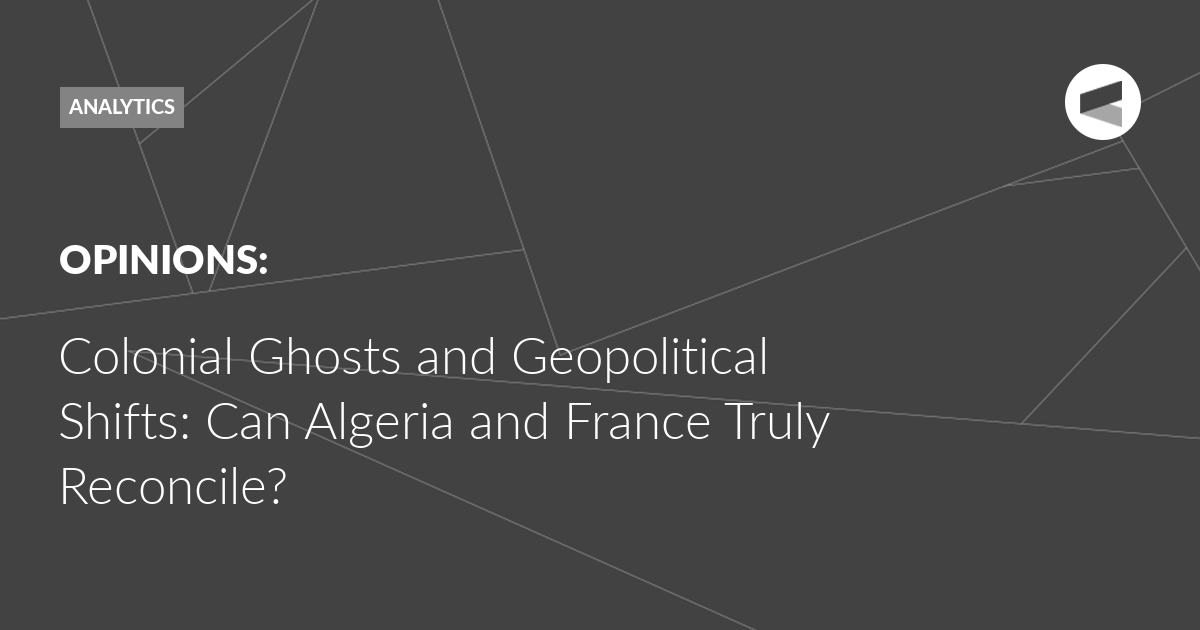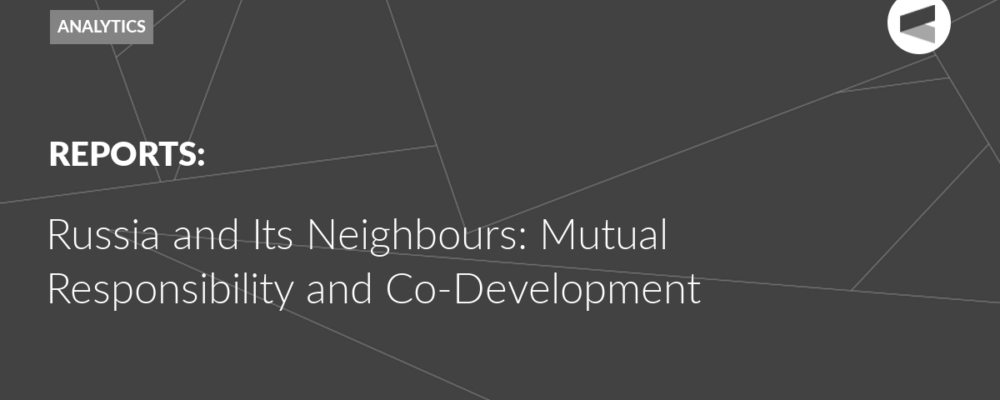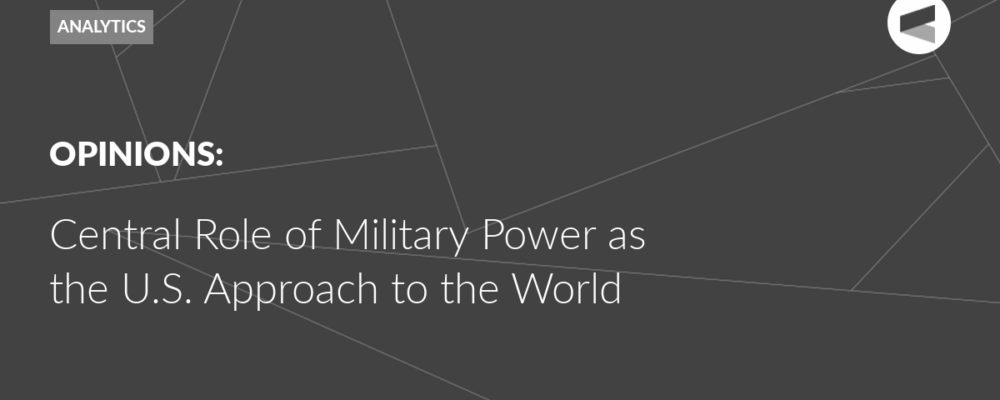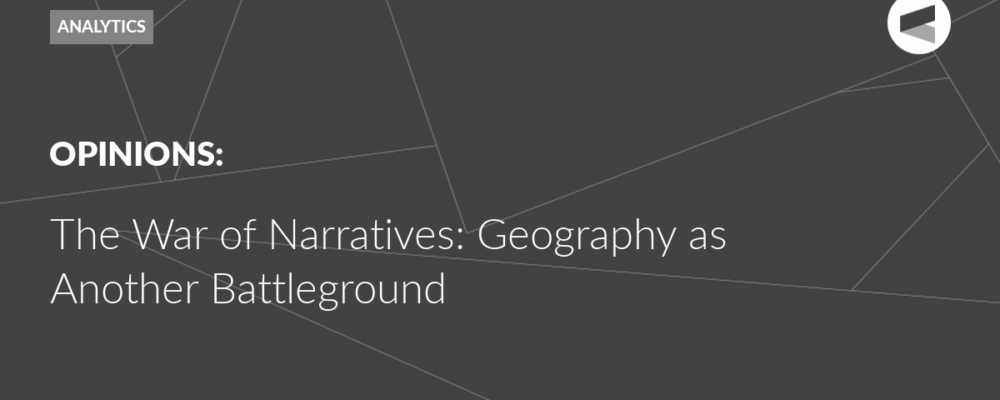Immigration and French Domestic Politics
The Franco-Algerian relationship is also heavily burdened by the politicisation of immigration within France. Rising far-right influence has led to increasingly harsh rhetoric and restrictive policies targeting Algerians. In September 2021, the French government slashed the number of visas granted to Algerian nationals by half, citing Algeria’s reluctance to issue consular passes for its deported citizens. This policy was widely interpreted in Algeria as discriminatory and politically motivated.
French Interior Minister Bruno Retailleau, a prominent conservative figure and likely contender in the 2027 presidential election, has openly called for the revision of the 1968 Franco-Algerian migration agreement, which grants Algerians a few preferential residency and employment rights. His proposal is supported by hardliners who accuse Algeria of manipulating migration to exert pressure on France. Algeria, in turn, denounces France’s refusal to extradite high-profile fugitives – such as Ferhat Mehenni, Abdessalem Bouchouareb, and Amir Boukhors as evidence of double standards and a political bias.
The Sansal Affair and the Sovereignty Question
The arrest of prominent Franco-Algerian author Boualem Sansal in November 2024 added another layer of complexity. Sansal was sentenced to five years in prison in March 2025, accused of undermining national integrity after comments made in a YouTube interview that questioned Algeria’s territorial integrity. Macron condemned the verdict as arbitrary, asserting that the Algerian state had brought dishonour upon itself.
In Algeria, however, the case is framed as a matter of national sovereignty. Sansal’s public support for Moroccan claims to western Algerian territories and his associations with far-right and pro-Zionist circles – such as his speech at CRIF denouncing Hamas and defending Israeli policies – sparked outrage. Algerian authorities viewed France’s campaign for Sansal’s release as interference in its judicial process, and as evidence of selective concern for freedom of speech. Sansal is celebrated in French literary and political circles as a symbol of secularism and moral clarity. However, this admiration is not merely about his literary talent; it is deeply political, reflecting France’s own anxieties and ideological struggles. His critiques of Algeria, his alignment with right-wing ideologies, and his supportive stance on Israel enhance his prominence and acceptance among certain French intellectual and political groups. Consequently, many Algerians perceive Sansal as being praised because he avoids confronting France’s historical responsibilities. Instead, he focuses on criticising aspects that French elites find more palatable to condemn: the Algerian regime, Islamism, and authoritarian nationalism.
Economic Relations Amid Political Tensions
Despite these political and diplomatic flashpoints, economic ties between France and Algeria remain substantial. Soon after the March 31 phone call, Algeria awarded the French company Vallourec a US$250 million contract to supply oil industry materials. Another French firm, Viridien, secured a deal with Sonatrach
and its Thai partner PTTEP. These agreements signalled potential for renewed economic cooperation, even amid political volatility.
However, as tensions re-escalated in April, that fragile optimism faded. Two key economic meetings were cancelled, including one with the Mouvement des Entreprises de France (Medef) and another involving French shipping giant CMA-CGM. According to reports, French authorities advised CMA-CGM’s CEO not to travel to Algeria for a planned investment project, illustrating how quickly political disputes can disrupt business interests.
Path to Durable Reconciliation
Although relations are fraught, a total rupture is unlikely. About five million French citizens are of Algerian descent, and thousands of Algerian professionals work in France. These deep cultural, economic, and familial connections serve as an enduring foundation for cooperation. Nevertheless, if Macron and Tebboune want reconciliation, they must go beyond symbolism. French Foreign Minister Jean-Noël Barrot was right in stating on April 16 that, “At some point, we will need to return to a frank, clear, and demanding dialogue with the Algerian authorities.” For their part, the Algerian authorities have left the door open for dialogue by singling out that Retailleau and his cohorts are responsible for derailing the process of reconciliation. The Algerian press reflected the government’s accusations, albeit using language that was less diplomatic. For the time being, it appears that Macron has embraced Retailleau’s uncompromising stance.
Algeria is not demanding “repentance” but seeks a meaningful recognition of colonial crimes – including forced labour, massacres, and France’s nuclear testing in the Sahara. The joint historian commission created in 2022 was a good start, but its work is constrained by limited access to archives. Algeria has called for the repatriation of over two million digitised documents, along with cultural artifacts that were taken during the 1830 conquest. Additionally, the country seeks the return of heritage items from the Ottoman era. These demands underscore Algeria’s ongoing efforts to reclaim significant aspects of its historical and cultural legacy that were removed during colonial times.
Legal and Migration Cooperation
Immigration policy should be removed from the realm of political posturing. France must shift away from sweeping visa restrictions and return to individualised, administrative cooperation through prefectures and consulates. Algeria, for its part, can show greater flexibility in issuing repatriation certificates – provided due legal procedures are respected.
The same applies to legal cooperation. France cannot demand that Algeria extradite controversial writers while shielding fugitives convicted of corruption or terrorism. Implementing the 2019 bilateral extradition agreement in both directions could foster legal parity and trust.
Toward Economic Reengagement
France needs to adjust its economic approach by shifting its focus from solely safeguarding traditional interests to actively investing in areas that align with Algeria’s long-term objectives. These sectors include renewable energy, transport infrastructure, digital transformation, and sustainable agriculture. Such investments could help rebuild goodwill between the two nations. As countries like Italy, Germany, Russia, and China continue to expand their presence in Algeria, France risks enduring strategic setbacks if it remains disengaged from these emerging opportunities.
Conclusion: Cold Peace or Genuine Partnership?
The communiqué issued on March 31, 2025, represented a brief chance to revitalise the strained relationship. France’s withdrawal from the Sahel and its shifting security priorities have aligned its interests more closely with Algeria’s, particularly in areas such as counterterrorism, energy, and migration. However, this geopolitical alignment will have a limited impact unless accompanied by a genuine effort to address historical grievances and a renewed dedication to fostering mutual respect between the two nations.
Ultimately, reconciliation will require not just high-level diplomacy but a transformation in public discourse and national narratives. Through transparent education, media cooperation, and bold leadership, France and Algeria can move beyond the cycles of crisis and towards a future anchored in dignity and shared interests.
The Valdai Discussion Club was established in 2004. It is named after Lake Valdai, which is located close to Veliky Novgorod, where the Club’s first meeting took place.
Please visit the firm link to site






